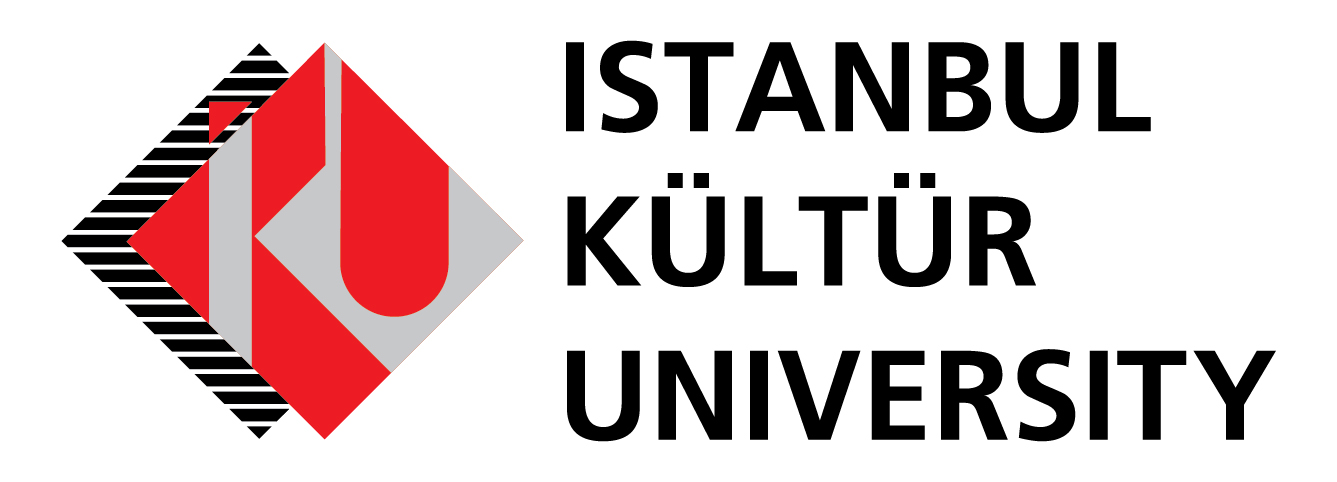The European Language Portfolio is a tool in which your informal intercultural experiences and language experiences in the workplace, at school, in vocational training are recorded and reported. This file will provide you with a record of your language learning qualifications and experiences that are clearly reflected in the European criteria to be used in your career.
The European Language Portfolio, though owned by you, allows employers and trainers to see your language qualifications immediately through case studies.
The European Language Portfolio consists of three parts: Language Passport, Language History and File. Each section contains explanations on how to use them.
The Language Passport contains general information about your qualifications in different languages at specific times. It defines language and intercultural learning experiences and language competencies/skills by keeping formal qualifications and self-assessment records. The Standard Passport proposed by the Council of Europe (European Language Portfolio for those over 16) facilitates the equivalence and free movement processes throughout Europe.
The Language History allows the person to specify what he/she can do in each language he/she knows, and to add information about the linguistic and cultural experiences he/she gained in and outside of formal education systems as well as in the vocational education and workplace. It evaluates the learning process and development of the person and facilitates the planning of the training process. It also encourages multilingualism in many languages.
The File helps you record the materials necessary for showing and documenting your success and experiences recorded in the Language History and Language Passport sections.
The Council of Europe is an interstate organization based in Strasbourg, France. Its main objective is to improve the unity of the continent and ensure the reputation of European citizens by assuring the importance of core values such as democracy, human rights and the rule of law.
One of its aims is to promote mutual understanding between people of different cultures by increasing awareness of European cultural identity. In this context, the Council of Europe coordinates the promotion of the European Language Portfolio in order to promote equivalence to language learning and intercultural experience at all levels.
- The Council of Europe has presented the European Language Portfolio as an aid to language learners to follow this process while learning and to record language learning phases and experiences, including important intercultural contacts.
- To strengthen the development of language learning and experience
- To promote multilingualism
- To provide transitions between education and work areas
- To promote democratic citizenship in Europe
- To show the value of linguistic diversity




